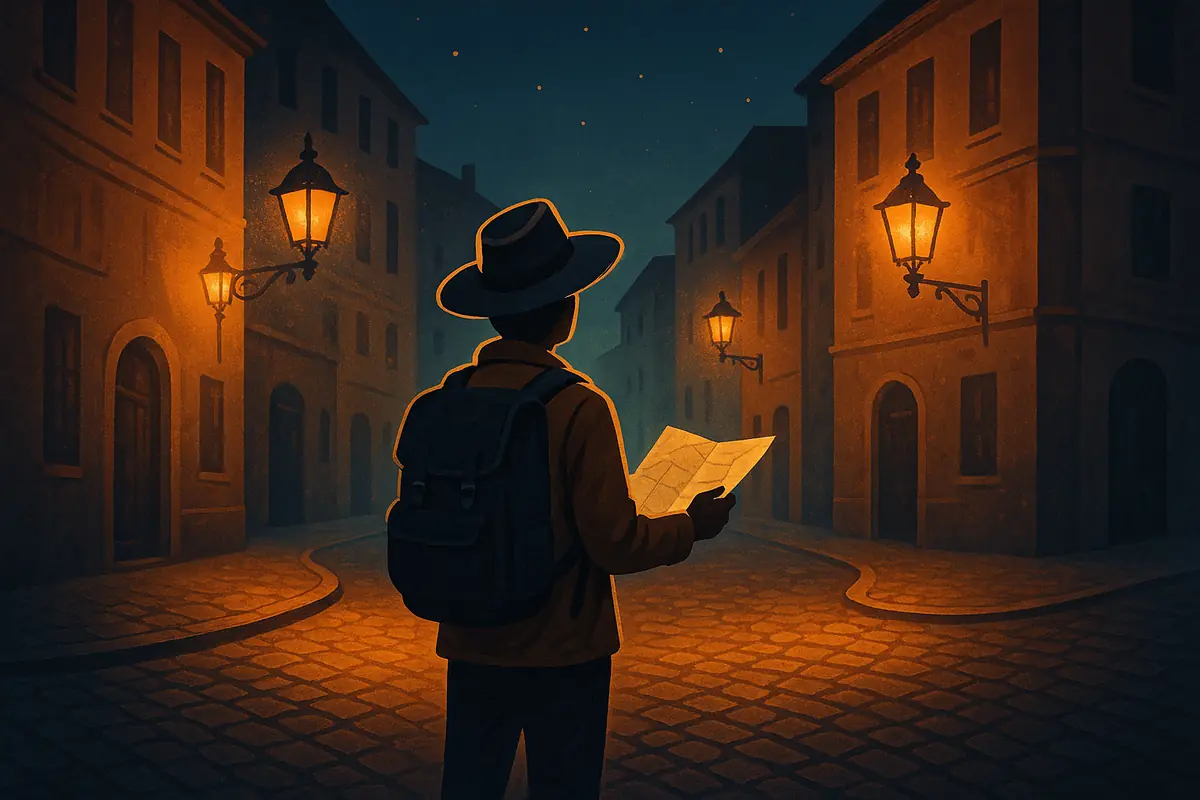Why Every Traveler Should Get Lost Once
Discover why getting lost might be the best travel strategy — how wandering off the map leads to deeper memories, creativity, and connection.

Ever taken a wrong turn in a foreign city — and found something better than what you were looking for?
Getting lost might just be travel’s most underrated experience.
In an age where GPS tells us every step to take, we rarely let ourselves wander. We move from point A to B with machine-like precision, rarely allowing the unknown to surprise us. But some of the best travel moments come from the unexpected — a quiet café tucked behind an alley, a street musician whose melody pulls you closer, or a view that wasn’t listed in any travel blog.
When you stop following the blue dot, you start noticing again. You hear the chatter of a language you barely understand, smell bread baking somewhere nearby, and feel the rhythm of life unfolding in its own pace. The map fades, and the moment sharpens.
Of course, getting lost doesn’t mean being reckless. There’s a difference between wandering and being careless. Stay safe, keep your essentials close, but allow room for detours. It’s often in those detours that real discovery begins.
Travel experts and psychologists agree that “getting lost” can actually enhance memory. When we navigate unfamiliar streets without strict direction, our brains light up with spatial awareness and curiosity. We remember those journeys longer — not because of where we ended up, but because of how alive we felt along the way.
Even creativity benefits from a little lostness. Facing uncertainty activates problem-solving centers in the brain, the same ones that help us adapt and innovate. Maybe that’s why travelers often return home with new ideas, new perspectives, and new versions of themselves.
Try this: next time you visit somewhere new, give yourself one hour without a plan. No GPS, no list. Just walk where your instincts nudge you. You might find an old bookstore, a rooftop view, or a story that only you will ever know.
In the end, travel isn’t about how many sights you’ve seen — it’s about how deeply you’ve felt a place.
So next time you travel, close the map. The best parts of the journey are usually the ones you never planned.